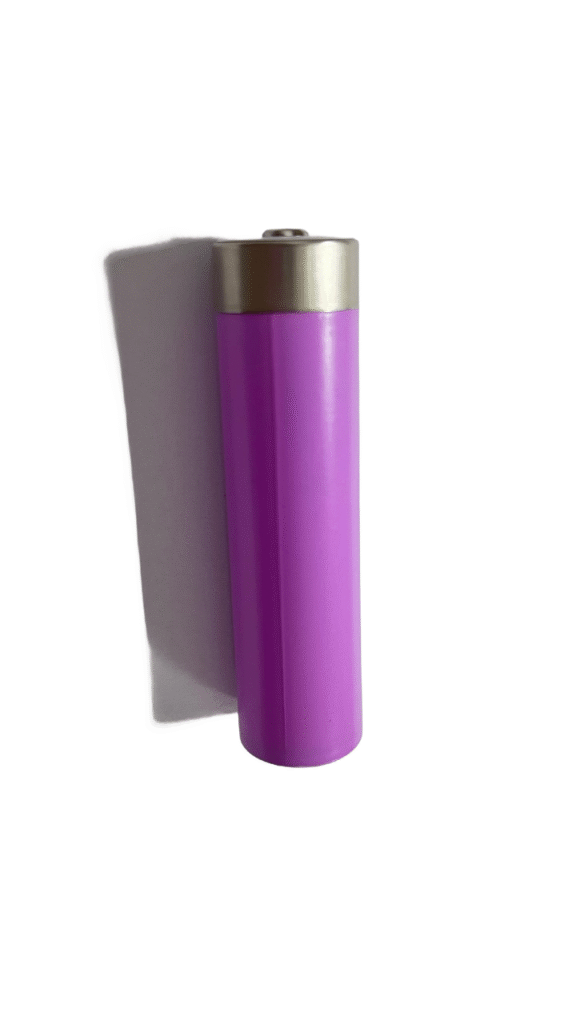
Introduction
Can alkaline batteries be recycled? This is a question many people ask when considering how to dispose of their used batteries. While alkaline batteries are commonly used in household items like remotes and toys, understanding whether they can be recycled is important for environmental reasons. In this article, we’ll explore whether alkaline batteries can be recycled, the process involved, and the alternatives available for more sustainable energy use.
The Challenge of Recycling Alkaline Batteries
Can alkaline batteries be recycled? The short answer is yes, but it’s not as straightforward as recycling other types of batteries. Alkaline batteries can be processed and the materials inside them—such as zinc and manganese—can be recovered. However, the recycling process for alkaline batteries is less common due to the relatively low value of the materials compared to other battery types.
How Are Alkaline Batteries Recycled?
Recycling alkaline batteries typically involves a process called regeneration. However, this process is not the same as a true recharge. When recycled, the materials inside alkaline batteries are extracted, and the battery is disassembled. The metals are purified and can be reused. But due to the limited recovery rate and the environmental costs, recycling is not as widespread or efficient for these batteries as it is for rechargeable options like NiMH or lithium-ion batteries.
What Are the Risks of Recycling Alkaline Batteries?
You might be wondering, can alkaline batteries be recycled safely? While the regeneration process is possible, there are risks. Using improper charging equipment for alkaline batteries during the recycling process can lead to safety hazards such as leakage or even explosions. For this reason, it’s critical to use the right tools and follow proper safety procedures when handling and attempting to recycle alkaline batteries.
Rechargeable Batteries vs. Alkaline Batteries: Which Is Better?
When it comes to sustainability and long-term use, rechargeable batteries are a far better option than single-use alkaline batteries. Rechargeable batteries can be used up to 1000 times or more, making them a more economical and eco-friendly solution. They also have the advantage of maintaining a more consistent voltage throughout their lifespan, unlike alkaline batteries, which lose power steadily as they discharge.
Can You Replace Alkaline Batteries with Rechargeable Ones?
Can alkaline batteries be replaced with rechargeable batteries? The answer is yes, you can often replace 1.5V alkaline batteries with 1.2V rechargeable batteries (such as NiMH) in most devices. While there’s a slight difference in voltage, the difference is usually negligible for many common household devices.
Why Choose Rechargeable Batteries Over Alkaline?
- Long lifespan – Rechargeable batteries can be used thousands of times, reducing the need for constant replacements.
- Eco-friendly – Reduces waste and pollution from disposable batteries.
- Higher performance – Most rechargeable batteries offer better performance for high-drain devices.
Conclusion: Can Alkaline Batteries Be Recycled?
So, can alkaline batteries be recycled? Yes, but the process is less efficient and poses certain risks. While alkaline batteries can be regenerated, they are not as easily recyclable as other types of batteries, and the cost and environmental impact make this process less viable in the long term. The better alternative is to use rechargeable batteries, which are more cost-effective, environmentally friendly, and provide consistent performance for high-drain devices.
For more information on battery solutions and to find the best options for your devices, check out our About Us page or Contact Us for custom solutions!
